8 Facts About Teacup Pigs That Aren't So Cute
Updated on 05/26/24
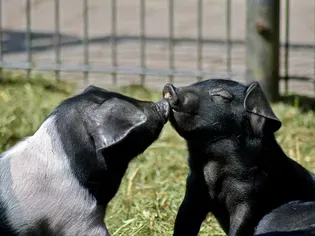
8 Not-So-Cute Truths About Teacup Pigs
Introduction:
The adorable charm of teacup pigs has captivated hearts around the world. Their petite size, button noses, and playful personalities make them seem like the perfect miniature companions. However, beneath the cuteness lies a reality that can be far from charming. Here are eight eye-opening facts that may challenge your perceptions about these seemingly irresistible creatures:
1. They're Not So Tiny
While teacup pigs are smaller than traditional pigs, they are far from the miniature size their name suggests. Adults typically weigh between 60 to 120 pounds, which is comparable to a medium-sized dog breed. Some pigs can even reach weights of over 200 pounds, making them unsuitable for apartment living or small homes.
2. They're Not Hypoallergenic
Contrary to popular belief, teacup pigs are not hypoallergenic. They shed hair and dander, which can trigger allergies in sensitive individuals. Their coats can also become matted and attract dirt, making them prone to skin infections and respiratory issues if not properly groomed.
3. They Require Extensive Care
Teacup pigs are not low-maintenance pets. They require a nutritious diet, regular exercise, and veterinary care. Their diet should consist of a variety of fruits, vegetables, commercial pig feed, and occasional treats. They also need space to roam and explore, making a fenced-in backyard essential for their well-being.
4. They Can Be Destructive
Teacup pigs are curious and playful animals, but their playfulness can often lead to destructive behavior. They are known for chewing on furniture, digging holes in yards, and overturning trash cans. Their powerful snouts can also cause significant damage to floors, walls, and other household items.
5. They Can Be Aggressive
While teacup pigs are generally friendly, they can exhibit aggressive behavior if they feel threatened or uncomfortable. This can include biting, charging, or squealing. Fear and a lack of socialization can contribute to aggression, making it crucial to handle and train them properly from a young age.
6. They Have a Strong Odor
Teacup pigs have a distinct odor that can be unpleasant to some people. This odor is caused by their sweat glands, which are more concentrated than in other breeds. Regular bathing and cleaning their pens can help minimize the odor, but it is an inherent trait that should be considered before bringing a teacup pig into your home.
7. They Can Live for 15-20 Years
Unlike hamsters or other small pets with short lifespans, teacup pigs can live for 15 to 20 years. This is a significant commitment that requires careful consideration of your lifestyle and finances. You should be prepared to provide care and support for your pig throughout its entire life.
8. They Can Be Expensive
The initial cost of purchasing a teacup pig can range from $500 to $2,000. However, this is just the beginning of the financial responsibilities. Ongoing expenses include food, veterinary care, grooming, toys, and fencing. The total cost of owning a teacup pig can easily exceed several thousand dollars over its lifetime.
Conclusion:
While teacup pigs can be adorable and affectionate, it is crucial to be aware of the challenges and realities that come with owning one. Understanding their true size, grooming needs, behavioral tendencies, and potential expenses will help you make an informed decision about whether a teacup pig is the right pet for your lifestyle. If you are considering bringing one of these charming creatures into your home, be prepared to provide them with the love, care, and lifelong commitment they deserve.
Explore More Pets

Exotic Pet Species
Should You Keep a Chimpanzee as a Pet?

Exotic Pet Species
Should You Keep a Raccoon as a Pet?
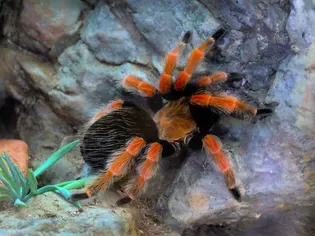
Exotic Pet Species
How to Care for a Pet Mexican Red-Knee Tarantula
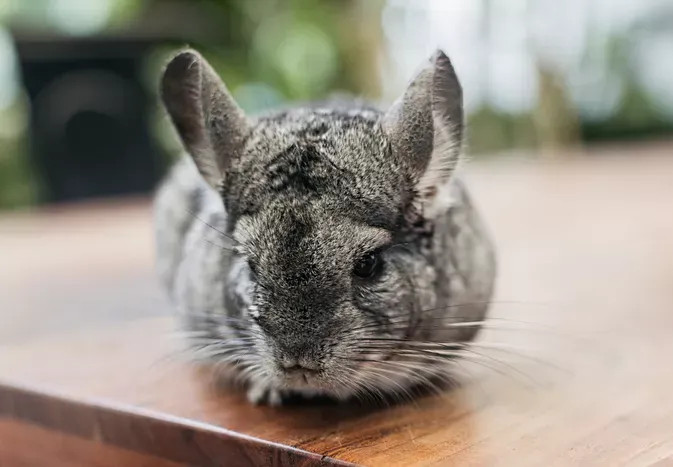
Exotic Pet Species
12 Best Exotic Pets for Apartment Living
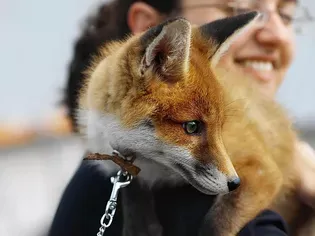
Exotic Pet Species
Best Foxes to Keep as Pets
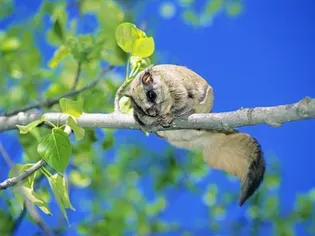
Exotic Pet Species
Should You Keep a Northern Flying Squirrel as a Pet?
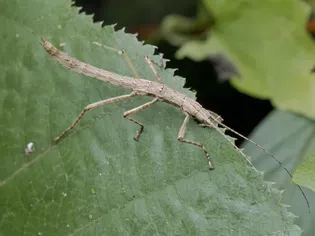
Exotic Pet Species
Should You Keep Stick Insect as a Pet?

Exotic Pet Species
Should You Keep a Big Cat as a Pet?
